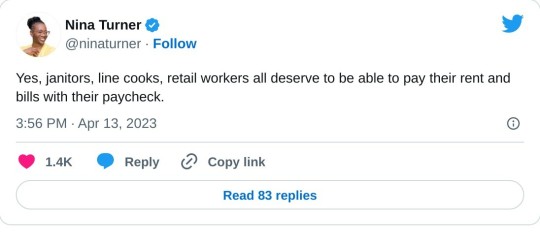#food retailers
Explore tagged Tumblr posts
Text
my favorite work memory from this store will always be “hey remember when the subway inside the store closed down and they let me take a bunch of their shit for free and now it lives inside my house?”





my life is a joke
#mine#subway#eat fresh#sbubby#retail#i should not be allowed to decorate inside my own home#i just think they're neat#fast food#kitsch
163K notes
·
View notes
Text

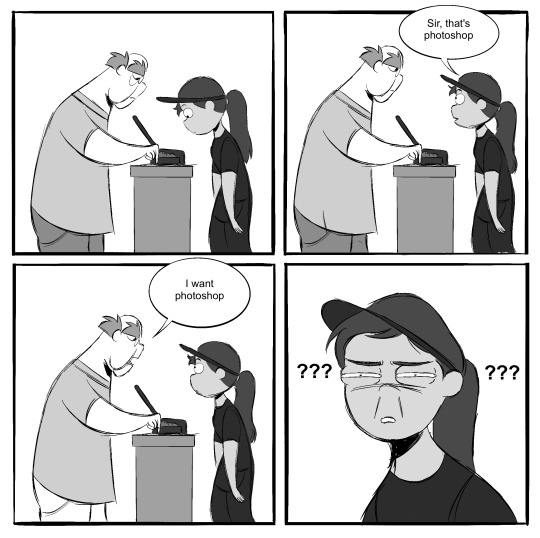
real interaction i had at work
22K notes
·
View notes
Text
General standard for food additives.
This General standard for food additives sets forth the conditions under which food additives may be used in all foods, whether or not they have previously been standardized by Code.

a) Food additive means any substance not normally consumed as a food by itself and not normally used as a typical ingredient of the food, whether or not it has nutritive value, the intentional addition of which to food for a technological (including organoleptic) purpose in the manufacture, processing, preparation, treatment, packing, packaging, transport or holding of such food results, or may be reasonably expected to result (directly or indirectly), in it or its by-products becoming a component of or otherwise affecting the characteristics of such foods. The term does not include contaminants or substances added to food for maintaining or improving nutritional qualities.
b) Acceptable Daily Intake (ADI) is an estimate by JECFA of the amount of a food additive, expressed on a body weight basis that can be ingested daily over a lifetime without appreciable health risk. c) Acceptable Daily Intake "Not Specified" (NS) is a term applicable to a food substance of very low toxicity for which, on the basis of the available data (chemical, biochemical, toxicological, and other), the total dietary intake of the substance, arising from its use at the levels necessary to achieve the desired effect and from its acceptable background levels in food, does not, in the opinion of JECFA, represent a hazard to health. For the above reason, and for reasons stated in individual JECFA evaluations, establishment of an acceptable daily intake expressed in numerical form is not deemed necessary by JECFA. An additive meeting the above criterion must be used within the bounds of good manufacturing practice as defined. d) Maximum Use Level of an additive is the highest concentration of the additive determined to be functionally effective in a food or food category and agreed to be safe by the Codex Alimentarius Commission. It is generally expressed as mg additive/kg of food. The maximum use level will not usually correspond to the optimum, recommended, or typical level of use. Under GMP, the optimum, recommended, or typical use level will differ for each application of an additive and is dependent on the intended technical effect and the specific food in which the additive would be used, taking into account the type of raw material, food processing and post-manufacture storage, transport and handling by distributors, retailers, and consumers.
#food additives#food safety standards#food standards save lives#food safety#food and agriculture organization#chemical#biochemical#toxicological#food chain#food producers and associations#health risks#food retailers#food consumers#consumer groups#food transporter#safe food handling#codex alimentarius#world health organization (who)#very low toxicity#Maximum Use Level#additives#contaminants or substances#Acceptable Daily Intake (ADI)#Not Specified (NS)#Maximum Use Level of an additive
0 notes
Text
after hearing "simply having a wonderful christmas time" by paul mccartney 74 times while working in retail, I came to the conclusion that they shot the wrong beatle
#meme#christmas#Christmas music#paul mccartney#the beatles#beatles#dark humor#retail#fast food#work#job#seasonal#seasonal worker#funny#lol#yes i am using a lot of tags because i want everyone to see this and laugh with me#welcome to the comedy of hate
30K notes
·
View notes
Text
2K notes
·
View notes
Text
Wylan Van Eck is the definition of "matches energy"
#its why hes a bitch to Kaz and an absolute sweetheart to everyone else#also why he and Jesper argued so much at the beginning#i can just imagine him working retail or food service#the nice customers would give him the greatest reviews#and thered be a karen trying to get him fired every other week#wylan van eck#wylan hendriks#six of crows#crooked kingdom#shadow and bone tv
188 notes
·
View notes
Text
Fast Food Reader: Who are you?
Retail Reader: You, but with a body count :)
Fast Food Reader: I get around- Still haven't actually slept with anyone, but I've kissed Lambchop a couple times.
Retail Reader: [laughs] Haha- Not like that, friend. See my uniform shirt? It was white when I first started working at my job. Red looks a little better on me, though- Don't you think?
FFR - taking several steps back: Whatever you say, man-
358 notes
·
View notes
Text
Do people know most paper receipts are harmful to their health?
I'm going to get up on my soapbox for a minute, but do people realize how pretty much everyone is being overloaded with endocrine disruptors like BPA/BPS on a near-daily basis??
I don't think many people understand that ever since most of the world transitioned to thermal paper receipts (cheaper than ink), almost every receipt you handle from the gas station to the grocery store to the Square terminal printer at the local co-op is coated with Bisphenol-A (BPA) or its chemical cousin Bisphenol-S (BPS).
These chemicals have not only been proven to cause reproductive harm to human and animals, they've also been linked to obesity and attention disorders.
Not sure if your receipt is a thermal receipt? If you scratch it with a coin and it turns dark, it's thermal.
BPA/BPS can enter the skin to a depth such that it is no longer removable by washing hands. When taking hold of a receipt consisting of thermal printing paper for five seconds, roughly 1 μg BPA is transferred to the forefinger and the middle finger. If the skin is dry or greasy, it is about ten times more.
Think of how many receipts you handle every day. It's even worse for cashiers and tellers, who may handle hundreds in a single shift. It is also a class issue, since many people who work retail and food service are lower-income and will suffer worse health consequences over time from the near-constant exposure.
Not only that, receipts printed with thermal ink are NOT recyclable, as they pollute the rest of the paper products with the chemicals.
People don't know this and recycle them anyway, so when you buy that "green" toilet paper that says "100% recycled"? Yup, you are probably wiping your most sensitive areas with those same chemicals (for this reason, I buy bamboo or sugarcane toilet paper as a sustainable alternative to recycled paper).
This page from the Minnesota Pollution Control Agency has some good links if you want to learn more.
As consumers, we need to demand better from our businesses and from our governments. We need regulation of these chemicals yesterday.
If you are a buyer or decision-maker for a business, the link above also contains a shortlist of receipt paper manufacturers that are phenol-free.
If you work at a register, ask customers if they want a receipt. If they don't and you can end the transaction without printing one, don't print one!
As a consumer, fold receipts with the ink on the inside, since that's where the coating is. Some more good tips here.
And whatever you do, DO NOT RECYCLE THERMAL RECEIPTS
#i realized the other day that lots of ppl i talked to had no idea this was even a thing#important psa#demand more from your retailers and governments#environment#bisphenols#bpa free#bpa/bps#retail#food service#shopping#working class#capitalism#endocrine disruptors#endocrine disorders#adhd#eco lifestyle#environmental pollution#pollution#toxic chemicals#reproductive health#science#health#environmentalism#eco conscious#human health#consumer goods#consumer awareness#green living#green business#ecofriendly
477 notes
·
View notes
Text

When they say "what" for the fifth time after I get done explaining everything in exact detail for 5 minutes
133 notes
·
View notes
Text

modern AU where they meet again at the fast food place Xie Lian works at and Hua Cheng has to figure out how to romance a customer service employee
#tbh this is kind of a similar situation to the original - where xie lian is kind of obligated to take care of him as a young runaway#except here he is obligated to hand him a big mac#if you allow me to be a bit more deranged with the au:#xie lians manager (jun wu) (most powerful franchise owner) tries to tell him off for holding up the line talking to the hot goth guy#but turns out hua cheng is a renowned restaurant critic and has gotten 33 businesses closed#so he can’t say shit#hua cheng is picking up food for he xuan. btw.#ive been having immense brainrot about them lately but#less so about angst/plot/romance#more so about#putting them in mundane silly scenarios.#this is also very indulgent. its like therapy for me (<- retail worker)#put hyour ideas for the mcdonalds tgcf au in the tags <3#has anybody written a fic about this btw id like to read it#tgcf#hualian#art#tian guan ci fu#heaven official's blessing#xie lian#hua cheng#mxtx#digital art#my art#comic#lmao#hob#tgcf mcdonalds au
843 notes
·
View notes
Text
Discussing collaborative approaches to improved food safety across sectors.
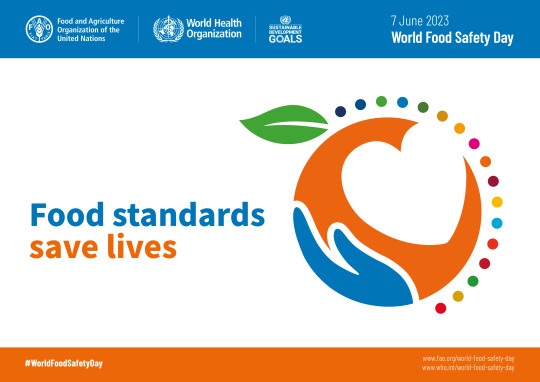
Food safety saves lives. It is not only a crucial component to food security, but it also plays a vital role in reducing foodborne disease. Every year, 600 million people fall sick as a result of around 200 different types of foodborne illness. The burden of such illness falls most heavily on the poor and on the young. In addition, foodborne illness is responsible for 420 000 preventable deaths every year. World Food Safety Day is an important way of:
making people aware of food safety issues
demonstrating how to prevent illness through food safety
discussing collaborative approaches to improved food safety across sectors
promoting solutions and ways of being more food safe
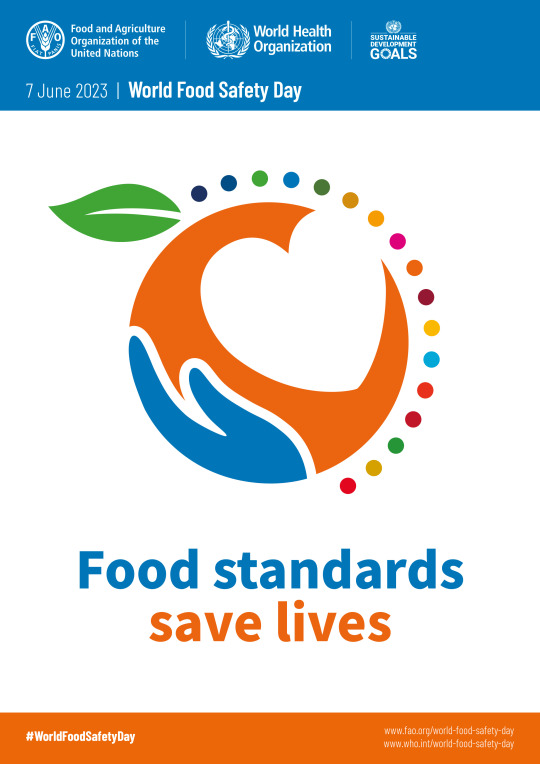
#food safety issues#world food safety day#7 june#Prevent illnesses#food safety#awareness-raising#communication strategies#food growers#food processing industry#food retailers#food cookers#food sellers#campaign
0 notes
Text
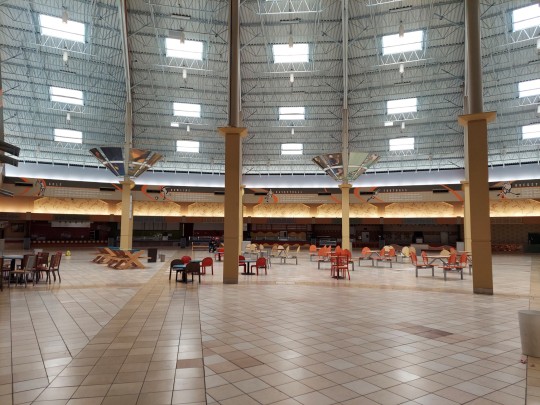
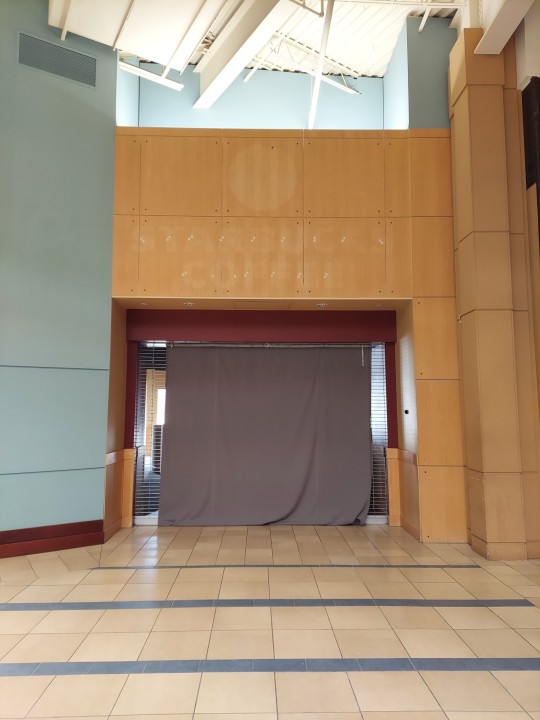






Sorry! Mall Currently Closed.
Food Court at Pittsburgh Mills, 2023
#pittsburgh mills#dead mall series#photography#retail#dead mall#dead malls#deadmall#mall#malls#shopping mall#shopping malls#retail apocalypse#exploration#explore#pittsburgh#pennsylvania#rust belt#forgotten places#food court
160 notes
·
View notes
Text

But I know you think I am the funniest person alive
Do you
#kyacchan art#art#illustration#drawing#webcomic#comic#comics#diary comics#daily comics#retail#food service
159 notes
·
View notes
Text
Where are all these supposed "job stealing immigrants"? My job is so short staffed. Please steal some of these jobs.
123 notes
·
View notes

